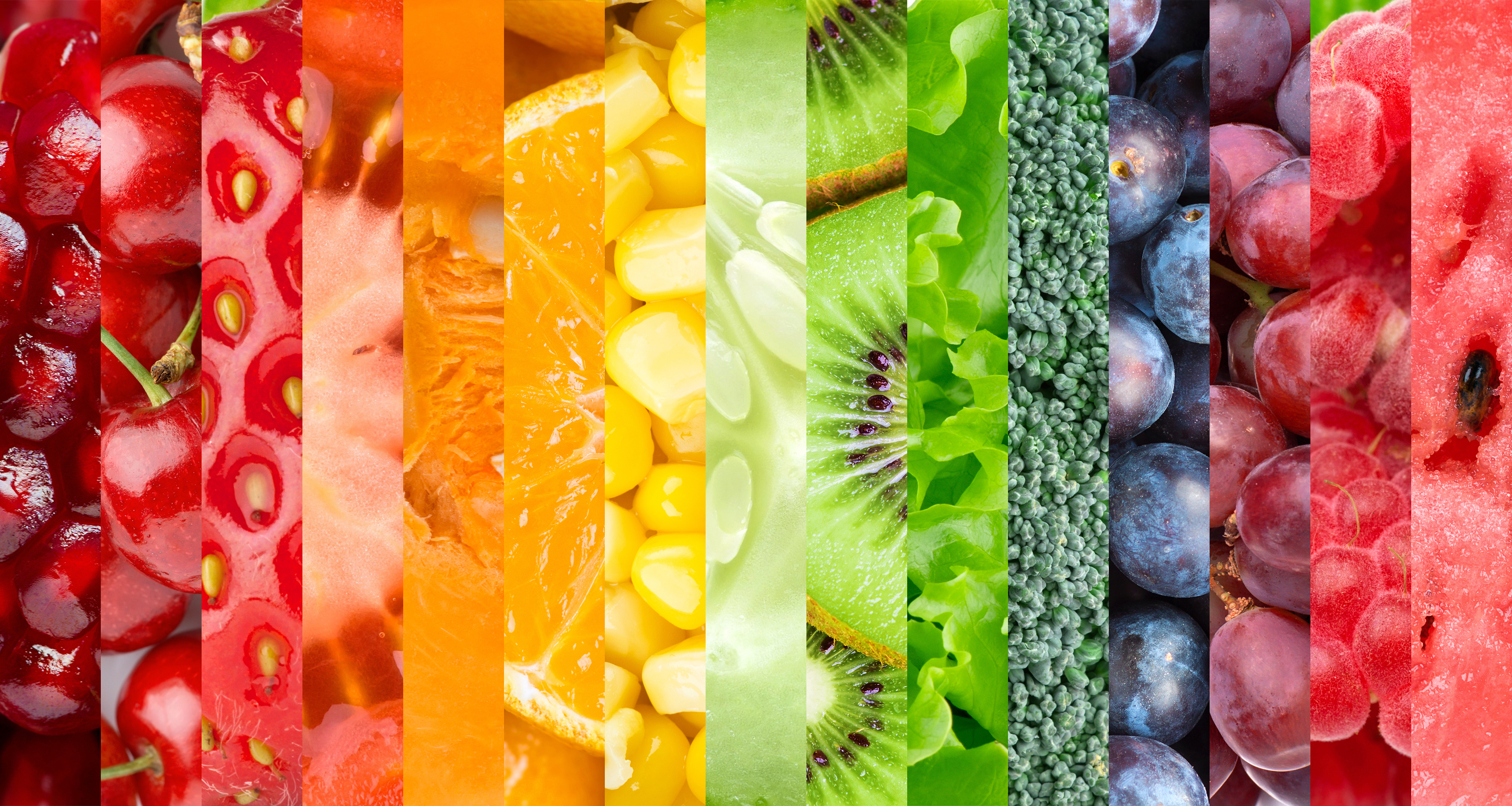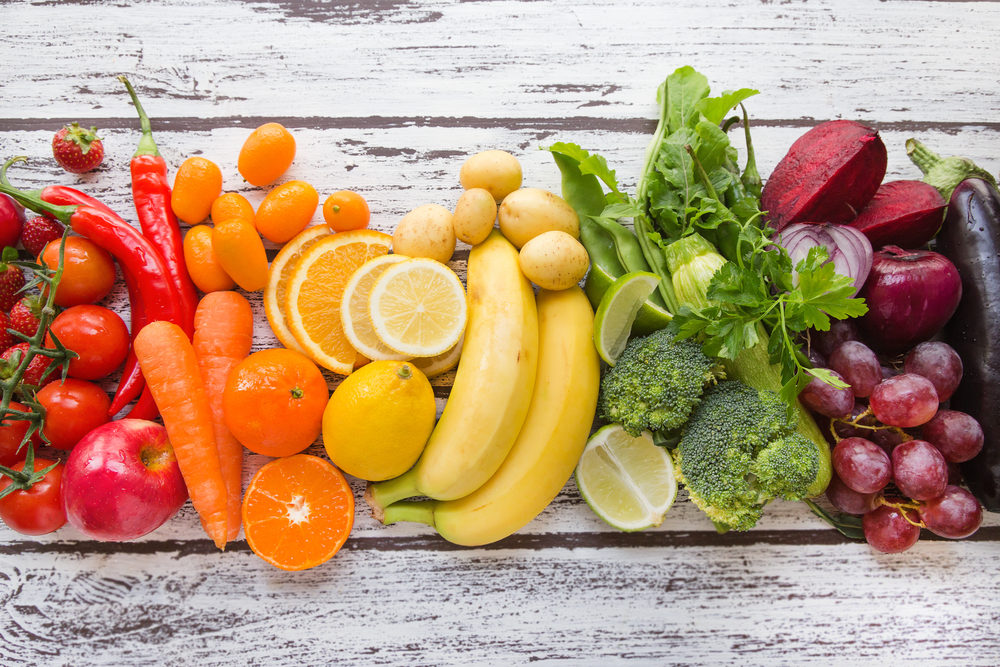Posted on December 23, 2020
How to strengthen your immunity over the festive break.
Looking after the immune system is important and this can be done through a balanced diet and healthy lifestyle. Around 70% of cells that make up the immune system reside in the gut and therefore looking after your digestive health is just as important.
Make sure to consume a diet rich in colourful fruit and vegetables to provide you with your 5 a day intake and a range of nutrients, particularly vitamin A and C which contributes to the normal function of the immune system. Fruit and vegetables also contain fibre that help support your digestive system. More fibre can be obtained from whole wheat and wholegrains which also provide B vitamins like vitamin B12, vitamin B6 and folate which also contribute to the normal function of the immune system.
Hydration, which often gets overlooked is just as vital, make sure to get at least 6-8 glasses (2 litres) of water a day. Water is important to supply the cells with oxygen to function properly and to carry out all the bodily processes. Water contributes to the maintenance of normal physical and cognitive functions.
Acute exercise (moderate-to-vigorous intensity, less than 60 min) has shown to increase the activity of various immune cells, enhancing immune activity and metabolic health1. Moderate exercise includes getting your heart pumping and giving you a sweat. The daily recommendation is to do 150 minutes of moderate exercise a week or 75 minutes of vigorous intensity activity a week2.
Certain lifestyle choices can negatively affect immunity and ultimately overall health. For example, the toxin nicotine, the main immunosuppressive constituent of cigarette smoke, can inhibit both the innate and adaptive immune responses. This makes smokers more susceptible to respiratory infections and affects the first line of immune defence3. Studies have found that people who smoke, and those who are exposed to passive smoke, have reduced amounts of vitamin C and vitamin E in their bodies. Smokers require 35 mg more vitamin C daily than non-smokers, from the diet and supplementation. Smoking cessation is the best solution4.
Alcohol is another popular choice we make and even more during the festive period. If consumed in excessive amounts has shown to negatively impact the immune system5.
Choosing empty calories, found in food choices high in calories and low in nutrients is not a good idea. These foods are also often full of sugar- which is never a good idea.
While you have a lovely festive break this year, keep in mind how diet and certain lifestyle choices can affect the immune system. Everything in moderation as we say!
Written By: Deepali Shah Katira
References:
- Nieman, D. C., and Wentz, L. M. (2019). The compelling link between physical activity and the body’s defence system. Journal of Sport and Health Science. 8 (3), 201-217.
- NHS. (2019). Exercise. Available: https://www.nhs.uk/live-well/exercise/. Last accessed 11th September 2020.
- Qiu, F., Liang, C., Liu, H. et al. (2017). Impacts of cigarette smoking on immune responsiveness: Up and down or upside down? Oncotarget. 8 (1), 268–284.
- Terry Martin. (2020). How Smoking Depletes Your Body of Vitamins. Available: https://www.verywellmind.com/smoking-and-vitamin-depletion-2825319. Last accessed 12th June 2020.
- Sarkar, D., Phil, D., Katherine Jung, M. et al. (2015). Alcohol and the Immune System. Alcohol Res. 37 (2), 153–155.



